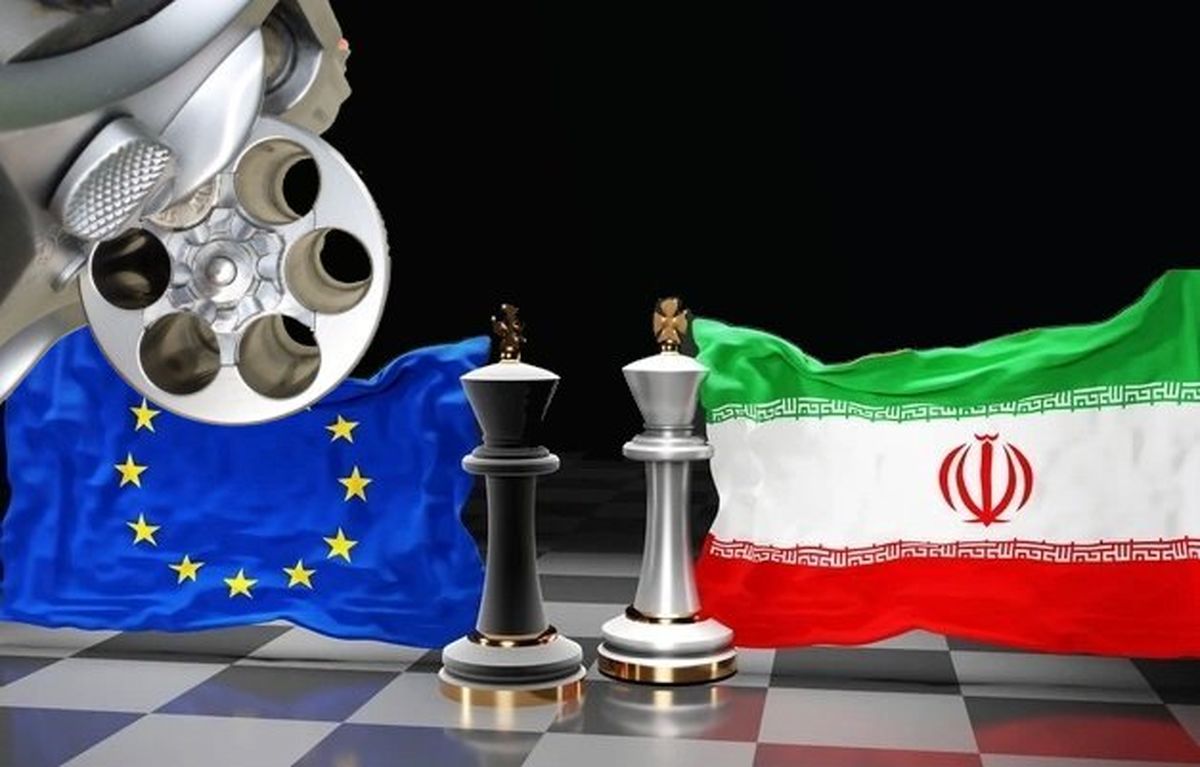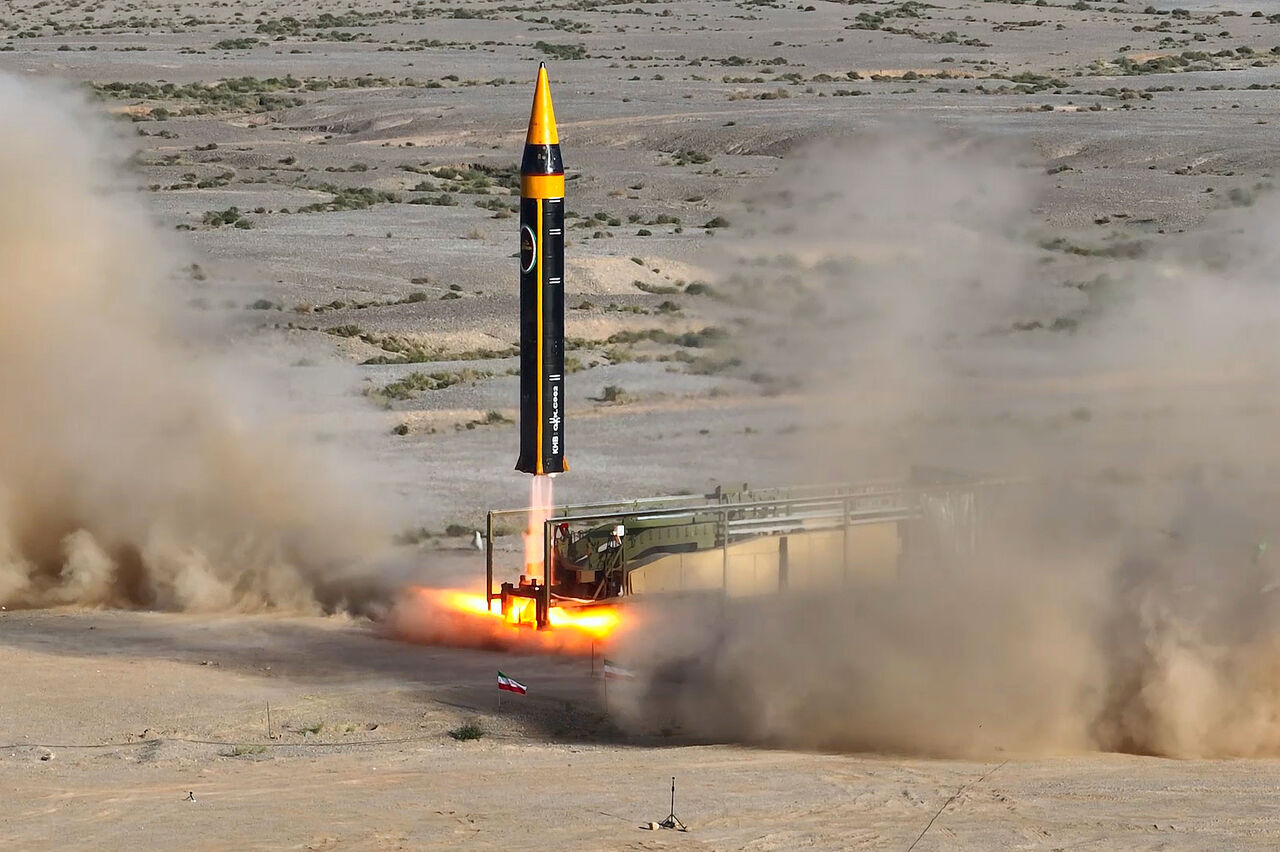Addressing the geopolitical and economic consequences of triggering the snapback mechanism is just as important as considering its legal dimensions. While the primary objective may be to reimpose UN Security Council sanctions on Iran, the ramifications are likely to extend far beyond that. The reinstatement of international sanctions could further obstruct diplomatic channels in the region, heighten insecurity along energy transit routes, raise maritime insurance costs, and disrupt the flow of oil exports.
Thomas Becker, Middle East Studies Researcher
The recent discourse surrounding the possible activation of the “snapback” mechanism by the E3 (France, Germany, and the UK) against Iran has triggered a wave of legal and strategic concerns. From a legal standpoint, such an action lacks legitimacy.
The United States, having withdrawn from the Joint Comprehensive Plan of Action (JCPOA) in 2018, forfeited its right to unilaterally activate the mechanism. By extension, any E3 move aligned with the U.S. narrative—especially after years of negotiations and conditional diplomacy—would face strong challenges under international legal frameworks, particularly regarding good faith obligations and UN Charter principles.
But legality is only one side of the coin. Strategically, the activation of the snapback mechanism will likely ignite a cascade of instability across the region. Any reimposition of sanctions or arms embargoes on Iran will be perceived in Tehran not merely as punitive measures, but as a declaration of economic and political warfare.
The response will not remain limited to diplomatic channels. Tehran may reconsider its cooperation with international monitoring regimes or intensify its regional deterrence policies—potentially escalating tensions in the Persian Gulf, Iraq, Lebanon, and beyond.Moreover, the economic implications won’t be confined to Iran.
Global energy markets are already hypersensitive to disruptions. New sanctions could push oil prices upwards, destabilize shipping routes in the Strait of Hormuz, and feed into inflationary cycles in Europe. The EU, struggling with internal political fragmentation and external economic pressure, may find itself dealing with the blowback of a policy that was neither necessary nor strategically thought through.Instead of reviving a broken tool, the E3 would be wiser to invest in forward-looking diplomatic arrangements—ones that consider not just the legal texts of 2015, but the drastically altered geopolitical realities of 2025.






